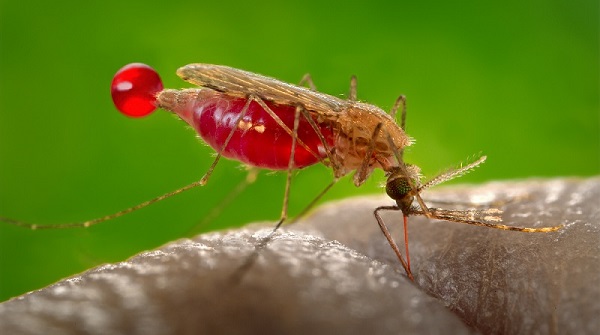FG reaffirms commitment to ending malaria in Nigeria by 2030

Iziaq Salako, the minister of state for health and social welfare, says the federal government is committed to strengthening the fight against malaria through collaborative efforts with key players in the private and public sectors.
The minister spoke in Abuja during an event marking the 2025 World Malaria Day with the theme ‘Malaria Ends with Us: Reinvest, Reignite, Reimagine’.
He said the action is part of the implementation plans of the federal government at the subnational level to curb the disease and tailor interventions toward its elimination in the country.
He added that the government has put evidence-based interventions in place to achieve malaria-free Nigeria by 2030.
“This year, 12 states are expected to adopt the intervention, which involves expanding access to insecticide-treated mosquito nets,” he added,
Salako noted that the procedure has started in six states, including Abia, Imo, Ekiti, Lagos, Ogun, and Rivers states.
He hinted that the distribution would be carried out in states that are eligible for seasonal malaria chemoprevention (SMC), giving 30 million children access to preventative medications.
Earlier, Ali Pate, the coordinating minister of health and social welfare, said the federal government has been battling with the high burden of malaria for over 70 years.
Represented by Daju Kachollom, the permanent secretary at the federal ministry of health, Pate said instability, inadequate humanitarian efforts, and climate change are some of the factors that impact the treatment and the eradication of malaria.
The minister said Nigeria has achieved great progress in lowering the prevalence of malaria, with cases and fatalities falling by 20 percent and 25 percent since 2010.
He urged the donors to support the government’s efforts, acknowledging the necessity of mobilising funds to eradicate malaria in cooperation with the private sector and development partners.
“No doubt some progress has been made, as we have seen through the artwork that has been done by Ella. But there’s still much more for us to do to fully eliminate this deadly disease,” he said.





